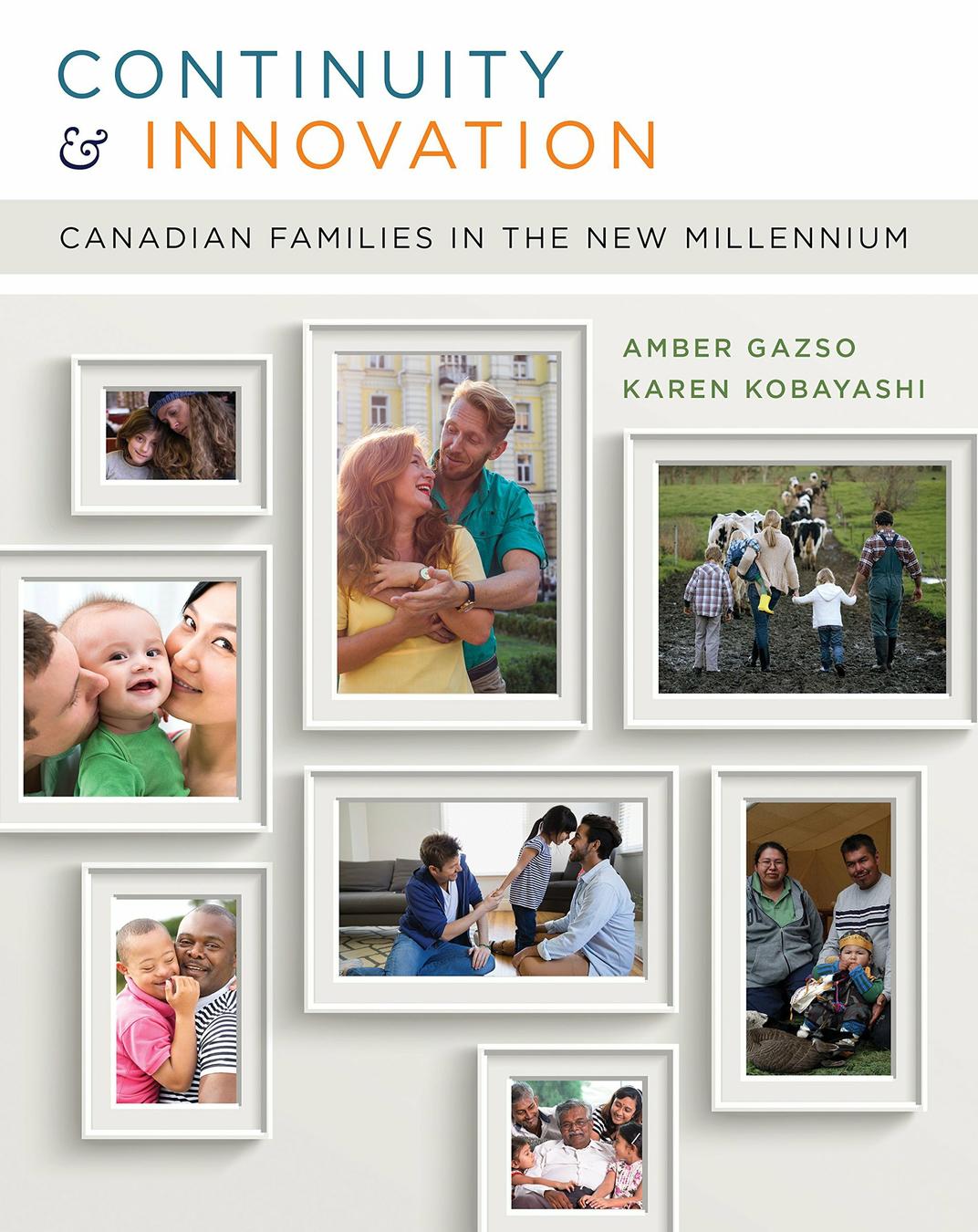Continuity and Innovation: Canadian Families in the New Millennium, 1st Edition
Amber Gazso, Karen Kobayashi
Continuity and Innovation: Canadian Families in the New Millennium showcases how emerging and leading sociologists of the family explore the contemporary moments and experiences of Canadian families while investigating the past and extrapolating the implications of these moments and experiences for the future. While there is continuity in what remains important about family in Canada, there is simultaneous diversity and innovation in the definition and character of the meanings we assign to families and the practices and processes that we engage in. Meanings, practices, and processes significantly vary over time. Such variations can be attributed to differences in individual identities, interactions, and ideologies that are linked to gender, sexuality, race and ethnicity, class, age, ability, and citizenship, as well as social-historical context. This exploration of Canadian families is based on both respected secondary research, along with primary, original scholarship by the contributors, who are actively engaged as sociologists of the family. Contributors take various approaches to explore the family as an institution (macro focus) or as an experience (micro focus), using a variety of theoretical lenses, and sharing stories of activism or experiential learning in doing so.

Top Hat Interactive eText
requires a join code from instructor
$82.50
Interactive eText
does not require a join code
$72.50

Table of Contents for Continuity and Innovation: Canadian Families in the New Millennium, 1st Edition
- Front Matter
- PART 1: Foundations
- PART 2: Family Formations and Living Arrangements
- PART 3: Surviving and Thriving
- PART 4: Patterns of Indigeneity and (Im)Migration
- PART 5: Power and Rights
- PART 6: Care Work and Social Support
- PART 7: Deepening Continuity and Innovation
- Instructor Resources